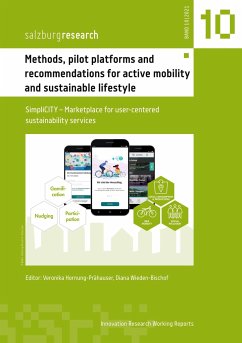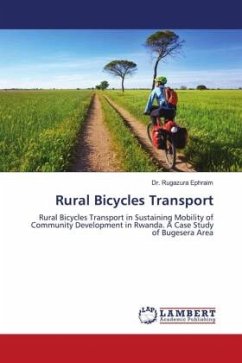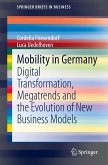A smart city is a city that collates data via various technological methods, and uses insights gleaned from this data to manage assets, resources, services and operations more efficiently. Though the concept of 'smart cities' is fairly new, there is a vast amount of interest in the topic, exploring how technological advances can be used to better manage the integration of business and operations within a city, as well as how sustainable choices can be written into the fabric of an urban space.
This book explores logistics within smart cities: the greater logistical demands of a smart city, how logistics can be adapted to new challenges, and what sort of new logistical support a smart city will need. The book pays particular attention to how logistical innovation within a smart city can lead to greater sustainability in the city, and on a global level. It will be of interest to academics working in logistics, urban planning, innovation management, digital technology, sustainability management, and operations management.
This book explores logistics within smart cities: the greater logistical demands of a smart city, how logistics can be adapted to new challenges, and what sort of new logistical support a smart city will need. The book pays particular attention to how logistical innovation within a smart city can lead to greater sustainability in the city, and on a global level. It will be of interest to academics working in logistics, urban planning, innovation management, digital technology, sustainability management, and operations management.








